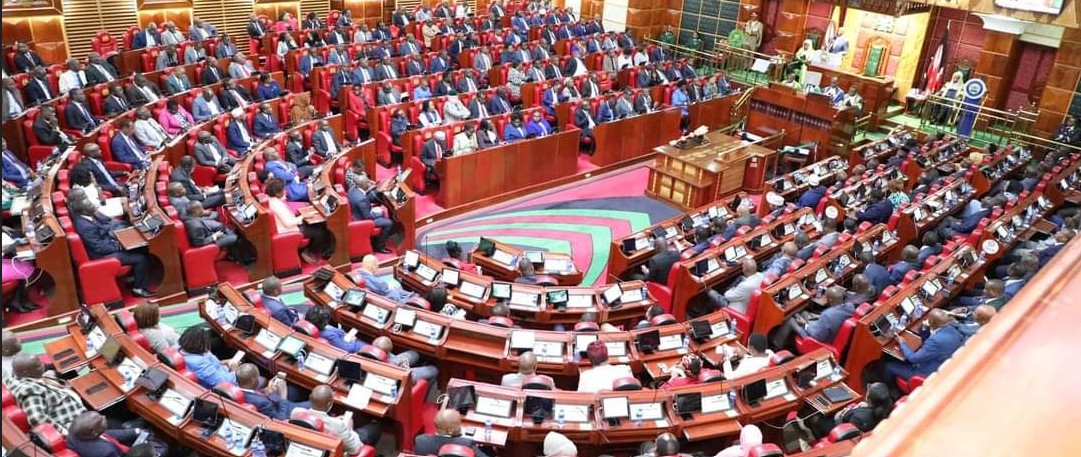Free daily meals for learners on the horizon as governors pushes national feeding programme

Governor Mutai pointed out that persistent malnutrition, including stunting and micronutrient deficiencies, continues to affect the academic performance of young learners.
Pre-primary learners across the country could soon benefit from free daily meals as the Council of Governors pushes forward with a plan to introduce a national school feeding programme in all counties.
The initiative, developed in partnership with the non-governmental organisation Food for Education, seeks to address malnutrition and improve learning outcomes through a comprehensive, locally-driven policy.
More To Read
- Sakaja appeals for extra funds to expand Dishi na County to informal schools
- 2.6 million children at risk as school feeding budget slashed by Sh2 billion
- Treasury’s Sh600 million budget cut threatens school feeding expansion
- First Lady Rachel Ruto revives national school milk programme to boost nutrition
- School feeding programme launched for 7,000 learners in Kilifi, Kwale
- Sakaja to establish secretariat to oversee schools Dishi na County project
The model policy being developed will guide counties on implementing sustainable and inclusive feeding programmes that enhance children's nutrition, boost school attendance, and support early cognitive growth.
“This policy framework intends to establish sustainable, locally-appropriate school feeding programmes to improve child development, educational outcomes and community empowerment through coordinated, multi-sectoral approaches,” said Eric Mutai, chairperson of the CoG Education Committee.
Mutai pointed out that persistent malnutrition, including stunting and micronutrient deficiencies, continues to affect the academic performance of young learners.
He added that the absence of a national policy and inadequate funding remain key challenges that hinder efforts by many counties to establish effective feeding initiatives.
Some counties have already launched their own programmes. Nairobi, for example, runs the Dishi Na County initiative that provides meals to over 310,000 public primary school learners. Other counties, such as Murang’a have also introduced similar interventions.
“We will not rest until every county government is equipped with the necessary policy guidance to implement robust school feeding programmes,” Mutai said during a meeting with county education executives at the Acacia Hotel in Kisumu on Tuesday.
He noted that previous post-devolution efforts have faced several setbacks, including a lack of policy clarity, fragmented implementation, limited funding, and weak institutional support, making the programmes vulnerable to disruption.
The proposed policy outlines plans to ensure uniform, high-quality, and accessible school feeding across counties. It includes strategies for sustainable funding, local food sourcing, promotion of farmer cooperatives, and support for agricultural development.
It also proposes the creation of school gardens and agricultural clubs to promote student involvement in food production, alongside investment in essential infrastructure such as kitchens, storage units, and sanitation facilities.
To ensure food safety and quality, the policy calls for training and certification of food handlers. It further advocates for strong community involvement through regular nutrition education, formation of school meal committees, and systems for collecting feedback from all groups, including the marginalised.
The policy is expected to be integrated into County Integrated Development Plans, supported by capitation grants and partnerships with the private sector and community stakeholders.
“I urge all partners to ensure the draft model policy reflects the collective strength of all 47 counties. No child, regardless of their background, should be left behind due to hunger,” Mutai said.
Top Stories Today













































